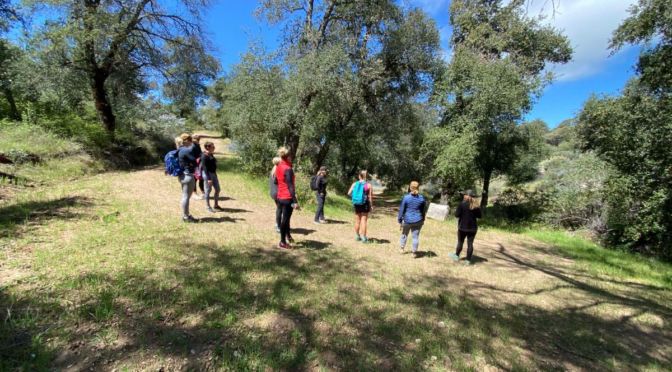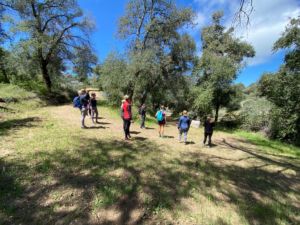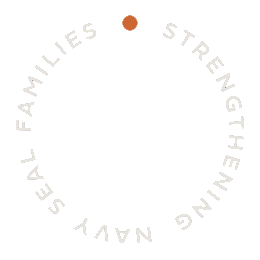
True Optimism
By Dr. Glenn Fox, C4 Foundation Chief Science Officer
We’ve all heard the clichés: optimists are just naïve people with rose colored glasses, thinking the glass is half full, living in denial of reality. The fact is, optimism – true optimism – is not about thinking that everything is great when it is not; true optimism is fully engaged with the present moment, looking for the cold hard facts, and working to make a better future under any circumstances.
Optimism is a thinking skill to see clearly. Research has shown that optimism is a thinking process of engaging with facts, and doing our best to respond. In one study, research participants filled out a questionnaire measuring their optimism, and then given a series of difficult puzzles to solve. They were told that not every puzzle was solvable, and their score would depend on how many puzzles they could solve. People higher in optimism scored higher than people lower in optimism, because they were much faster to quit the unsolvable puzzles and focus on the ones they could solve. In another study, participants were measured before and after they visited their doctors to receive a difficult diagnosis. The participants that were higher in optimism showed lower levels of denial, better recollection of their visit, and deeper resolve to address their health issues. Optimism is a key predictor of better health.
At the C4’s FROG program, optimism is a central focus. We know the situation facing families in the NSW community can be stressful to the max. Optimism is a way of handling that stress by changing how we think about the tools we have to stay connected, make good decisions to improve our future, and always find things to look forward to doing.
Practicing optimism is simple – it can be literally writing down something you’re looking forward to in the next day, week, or month. The key is to put something down that you are looking forward to doing that is up to you to do, and enjoy carrying out. For example, we can look forward to a beautiful sunset, which is a good start. To enhance the optimistic feeling though, we can look forward not only to a beautiful sunset, but to walking to the best place in our neighborhood with snacks and friends to view it fully. In so doing, we not only look forward to something that would be happening anyway, we exercise our own command of the situation.
In tough times, believe it or not, the practice of optimism can be the same. It can focus on exercising control over what is available to reduce stress or difficulty, or it can surrender to what’s around us and find things to look forward to doing anyway. The key is to take stock of our choices, and set ourselves up to have a little fun, connect with others, and give our minds something real to look forward to – that’s optimism.
Glenn R. Fox, PhD



